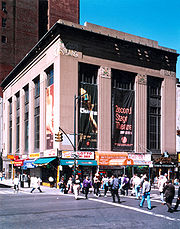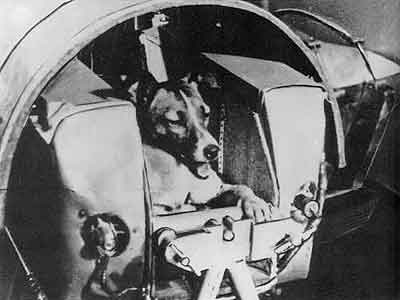 I finally made it to the infamous Seattle Central Library a week or two ago, when an evening class had to be moved off-campus. I'd heard from a billion people that I had to check it out- that it was a sight to see, etc. That was about as much detail as I got. And of course, whenever people want you to like something, one will naturally be inclined to be unimpressed. Well, upon entering at the ground floor level, I didn't see much to be excited about except that I liked that the wooden floors were covered with three dimensional texts. I wondered how long it would take for the words to get flattened by foot traffic.
I finally made it to the infamous Seattle Central Library a week or two ago, when an evening class had to be moved off-campus. I'd heard from a billion people that I had to check it out- that it was a sight to see, etc. That was about as much detail as I got. And of course, whenever people want you to like something, one will naturally be inclined to be unimpressed. Well, upon entering at the ground floor level, I didn't see much to be excited about except that I liked that the wooden floors were covered with three dimensional texts. I wondered how long it would take for the words to get flattened by foot traffic.Then, winding my way around the gigantic building,
 trying to find the conference room we were meeting in, I stepped down a stairwell and suddenly entered a giant ear canal. The hallways ceased being gray, and became bulging, red walls curving outward and sideways, like a Dr. Seuss tunnel. I liked it. And somewhere in there, a door opened, and boom, I was in the classroom.
trying to find the conference room we were meeting in, I stepped down a stairwell and suddenly entered a giant ear canal. The hallways ceased being gray, and became bulging, red walls curving outward and sideways, like a Dr. Seuss tunnel. I liked it. And somewhere in there, a door opened, and boom, I was in the classroom. During the break, a friend showed me the library sights, and it was somewhere between riding the lime-green escalator, and staring over the metal-grated railings looking into a five story abyss in the center of the building, that it all clicked as being very, very familiar. "This building wasn't designed by Rem Koolhaas, was it" I asked Jamie. She responded that the name sounded right.
During the break, a friend showed me the library sights, and it was somewhere between riding the lime-green escalator, and staring over the metal-grated railings looking into a five story abyss in the center of the building, that it all clicked as being very, very familiar. "This building wasn't designed by Rem Koolhaas, was it" I asked Jamie. She responded that the name sounded right. "Of course" I thought. "No wonder I feel so unnervingly comfortable in these gray, industrial walls peppered with high sheen florescent painted floors. I've logged over 1,000 hours in another famous Rem Koolhaas building: Second Stage Theatre in New York- Koolhaas' famous Bank building-turned-Off-Broadway theatre space. The design is pretty fun, but from a House Managament perspective, it was horrendous. There were no walls separating the lobby, theater entrance or auditoriurm, so if someone got up to use the restroom, a staff member had to guide them by flashlight through the darkened lobby space, making sure they didn't speak or make too much noise with their shoes, otherwise, the director taking notes in the back of the house during previews, would complain to stage management.
"Of course" I thought. "No wonder I feel so unnervingly comfortable in these gray, industrial walls peppered with high sheen florescent painted floors. I've logged over 1,000 hours in another famous Rem Koolhaas building: Second Stage Theatre in New York- Koolhaas' famous Bank building-turned-Off-Broadway theatre space. The design is pretty fun, but from a House Managament perspective, it was horrendous. There were no walls separating the lobby, theater entrance or auditoriurm, so if someone got up to use the restroom, a staff member had to guide them by flashlight through the darkened lobby space, making sure they didn't speak or make too much noise with their shoes, otherwise, the director taking notes in the back of the house during previews, would complain to stage management.  I spent every show having to stand at the top row, catching stray patrons as they tried to find their way to the bathrooms, then shoving them into an elevator, all the while trying to keep them silent. It was ridiculous. But I did love the solid orange bathrooms.
I spent every show having to stand at the top row, catching stray patrons as they tried to find their way to the bathrooms, then shoving them into an elevator, all the while trying to keep them silent. It was ridiculous. But I did love the solid orange bathrooms.It was nice to recognize the architect that has caused me so many awkward interactions with strangers.












